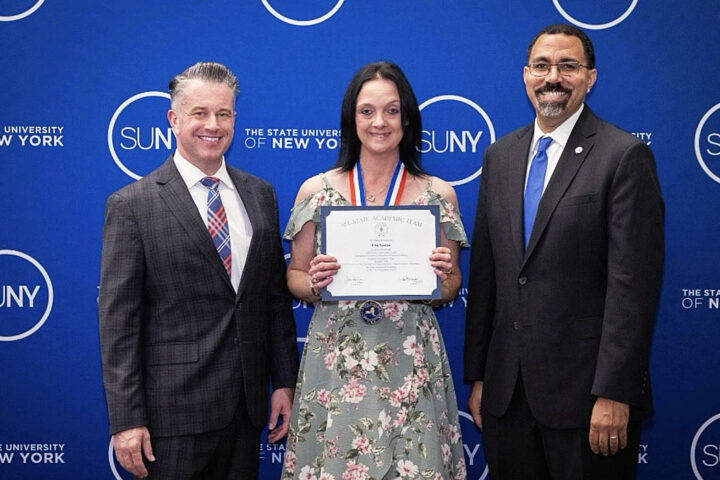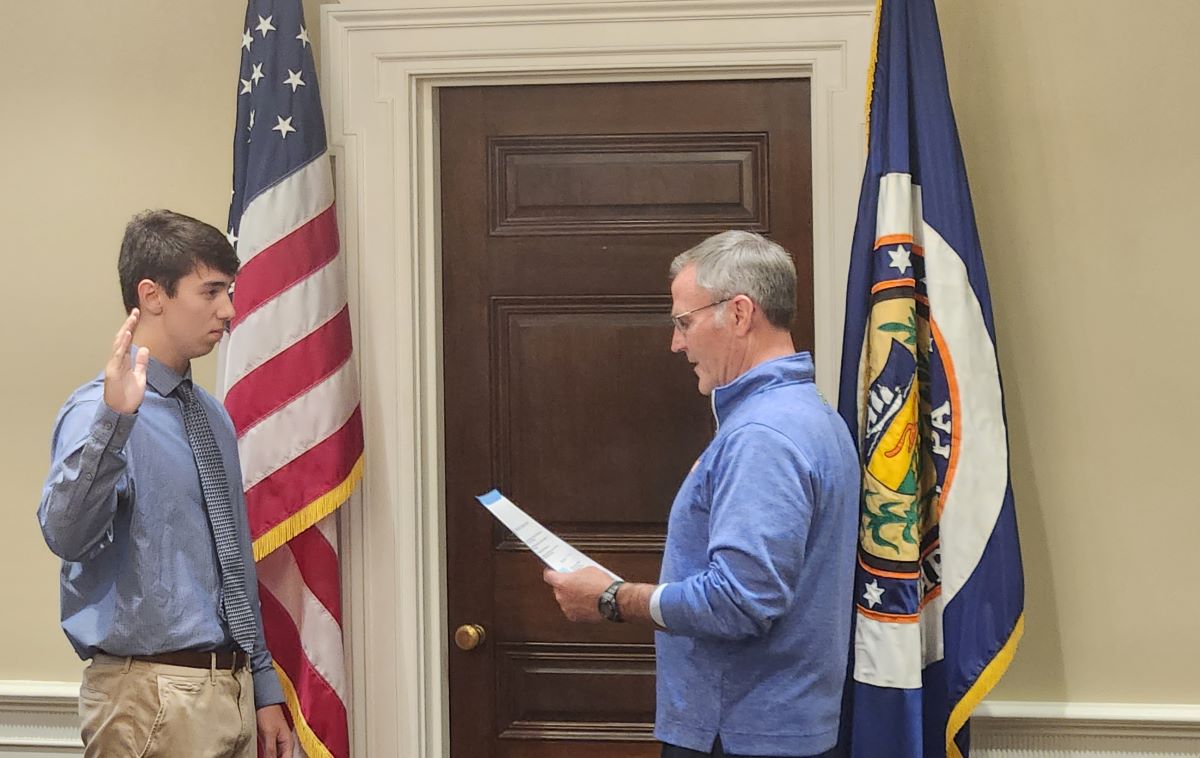WARREN, Pa. – Last month, U.S. Sen. Bob Casey invited White Cane Coffee CEO Erin Willman to testify in front of the Senate Special Committee on Aging. On Tuesday, Casey was in Warren to tour the facilities at White Cane Coffee.
Casey is a co-sponsor of the Transformation to Competitive Integrated Employment Act which aims to end subminimum wages for people with disabilities. Willman showed Casey how White Cane Coffee has created a working environment that allows employees with disabilities to produce while still paying fair wages.
“Erin’s witness on this has been just, I think, a spectacular demonstration of what an employer can do to provide a fair wage, not a subminimum wage, a fair wage for folks with disabilities who can work in a business and have the opportunity to be part of a successful business like this,” Casey said. “And so her example is the best in the country.”
According to the U.S. Department of Labor, “Section 14(c) of the FLSA authorizes employers, after receiving a certificate from the Wage and Hour Division, to pay subminimum wages – wages less than the Federal minimum wage – to workers who have disabilities for the work being performed.”
Casey said the TCIEA would essentially eliminate Section 14(c).
“It’s basically a bill that will ensure that over time, you can phase out the subminimum wage, so-called 14(c) subminimum wage certificates,” Casey said. “The only good news here is over time, over the last 10-15 years, the number of subminimum wage employers has gone down, but there’s still too many in the country and across the state.”
As chairman of the Senate Committee on Aging, Casey said the committee’s work focuses not just on older Americans, but people with disabilities as well. That work, he said, led him into the subminimum wage debate.
“I think a lot of Americans would agree with me that it (subminimum wage) undervalues that individual,” Casey said. “People with disabilities have a lot of ability. They can do great work. And Erin’s been opening up those doors for those workers.”
Though the bill has bipartisan support, Sen. Steve Daines (R-MT) and U.S. Representatives Bobby Scott (D-VA) and Cathy McMorris Rodgers (R-WA) are also co-sponsors, Casey said Willman’s testimony helped open some eyes to the issue among his fellow legislators.
“A lot of legislators don’t really know what you’re talking about when you say ‘subminimum wage,’ you might have heard of it. They don’t really know what it is,” Casey said. “They may not know that this is still happening in America even though the numbers are down. So it’s as much an education of our fellow legislators as anything because, for a lot of them, it’s a new issue.”
Casey said seeing White Cane’s operation first-hand will allow him to better rebut legislators who might balk at the prospect of requiring businesses to provide adaptations and a fair wage to disabled workers.
“I can say that, ‘You know what I’ve seen the equipment, they can run, they can run the equipment and you can make it work,’” Casey said. “A lot of employers could do this and I think part of it is just that some employers just have never had the opportunity sometimes or have not taken the opportunity to see beyond the horizon. I think in some ways, Erin’s provided us the opportunity to see beyond the horizon and to be able to see what’s possible.”
The full text of the TCIEA can be found here.






























